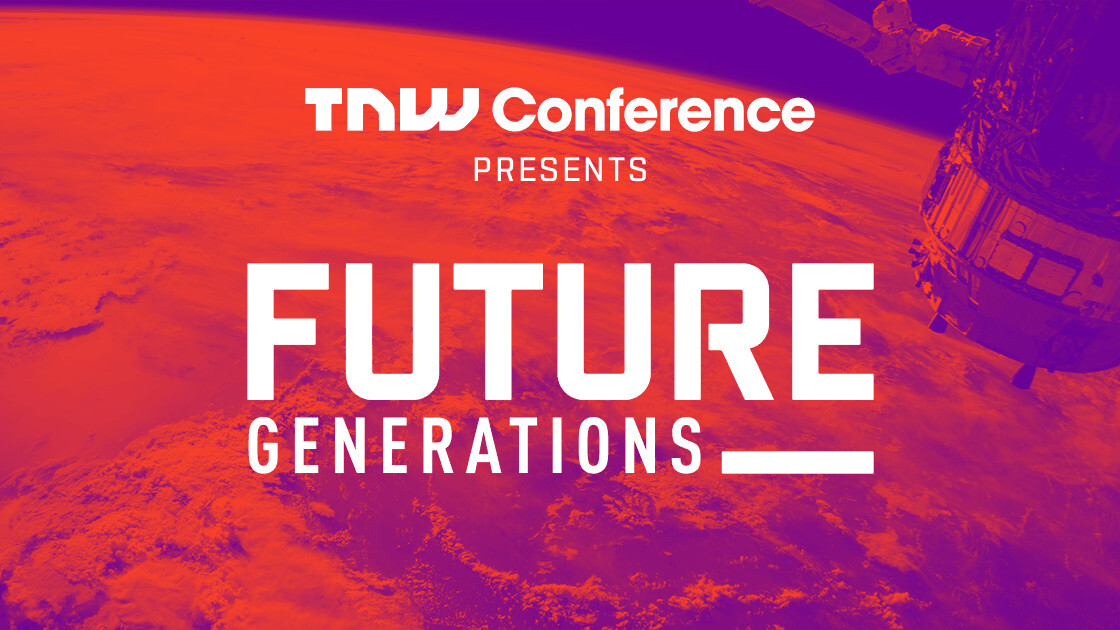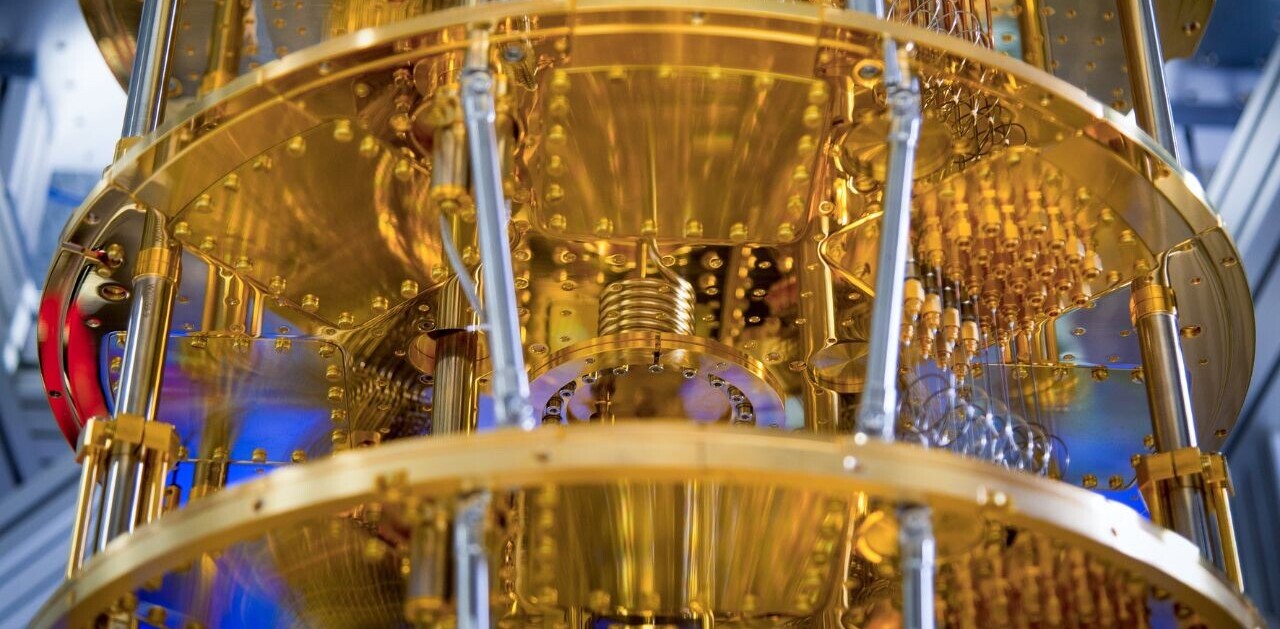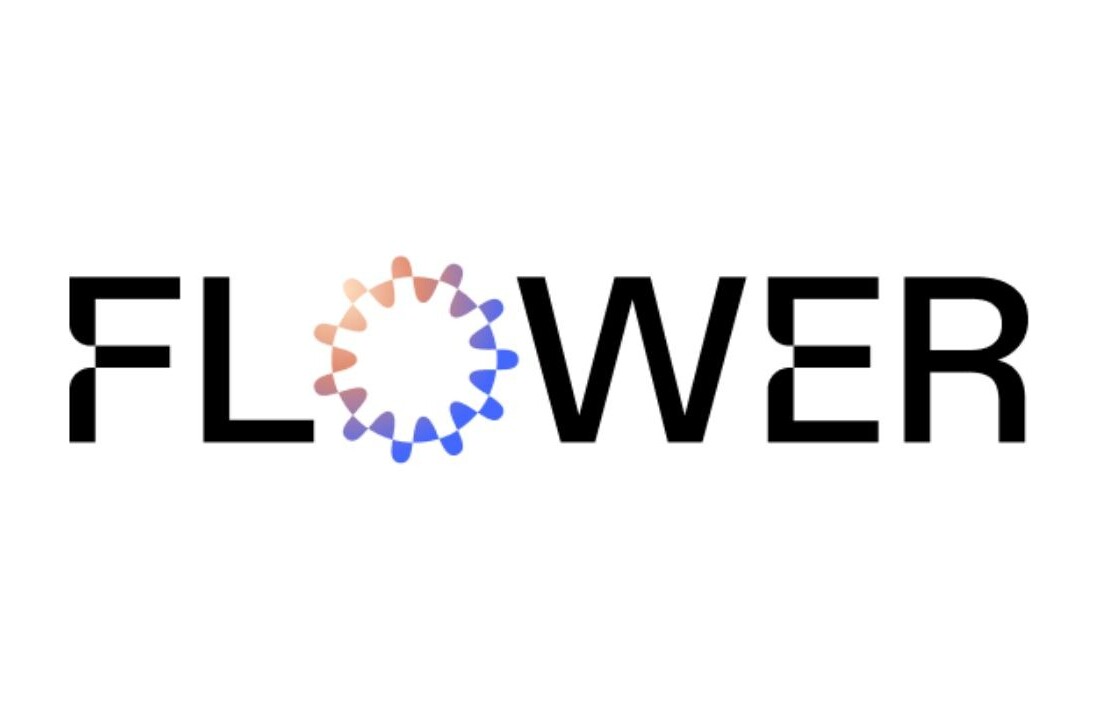
Let’s be honest: I’m not big on exercise. I work out because it’s important, but that doesn’t mean I enjoy the process. That being said, I have a lot of optimism when it comes to the future of fitness. From wearables to VR, the opportunities to ensure that we stay active are endless. In a lot of ways, however, technology is making us lazier. With driverless cars and AI, we have less reason to move than ever before. Even today, child obesity is on the rise — so will we honestly keep going to the gym?
At the Future Generations track for TNW Conference, we’ll be exploring the ways that we can use tech to make the world a better place. We’re highlighting some awesome technology that will keep us fit, and discuss how to ensure that we don’t become the humans in WALL-E (those chairs look comfy AF though).
How can tech keep exercise (and us) alive?
There’s a lot of hype right now surrounding wearable technology. Not just FitBits — clothing and shoes are being developed to help record your fitness data. While this will supply a myriad of information (some that we can’t usually track), the problem is really about what you’re meant to do with the data itself. At the moment, your personal records are only being put into context by taking averages from lots of people that are the same weight, height, and age as you. This means that your fitness goals aren’t necessarily your own — it’s just guesswork.
There are a lot of reasons why this isn’t helpful. Beyond the fact that you’re obviously a unique, special snowflake, there’s loads of data that it’s not taking into account. That’s why we need even smarter workout tech and that’s where personalization comes in.
Wearables that provide you with data specific to your own fitness needs will ensure that you can work smarter, not harder. Devices that can scan your blood, for example, can give you live updates on your nutrients, wellbeing, and alert you to any health risks. Personalization also extends to DNA and stool samples, which can give you very accurate tips. Your genetic code determines which types of fitness help you maximize your goals. Your poop could tell you what nutrients you’re lacking. That’s some good shit.

As someone who struggles to see the results I want from a workout, it can be very beneficial to get more insights. As testing your DNA becomes more common, having targeted workouts that will show your body maximum results can be so rewarding.
At the same time, having too much personal data can lead to unrealistic goals for yourself. These could create intense pressure if left unchecked. I can easily see this affecting my mental health as my smart-shirt keeps peer-pressuring me to go on that run. But as long as there’s control over notifications, I can’t see why this technology can’t be overwhelmingly positive.
It’s also possible that we won’t need any incentives to workout. Can you imagine not dreading the gym? With the future of VR and AR, that might just be possible. Running is just as much a mental challenge as it is a physical one. Your mind wanders, you get bored, and all of a sudden it becomes too easy to stop the workout. VR can change all of that by creating an immersive experience that helps you to push yourself even further. (BTW: the Future Generations track will discuss this even further).
What would deter you from working out in the future?
While wearables can be pretty cool, it just seems a bit too easy. We can’t ignore the fact that technology is giving us convenience, which leaves us with far less incentive to stay as active. As we move towards automation in almost every shape and form, we probably exert less energy every year.
Back in 2011, we posted this gem of a piece about technology making us lazier. While it’s fun to look back and see what was considered a new innovation back then (I’m a huge fan of the section that talks about Google Maps), at its core nothing has really changed. With services like food delivery, online shopping, and online entertainment, there’s really no reason to leave the house anymore.
Convenience will only continue to skyrocket as new technologies become central components of our lives. We have cheap forms of transportation that will take us wherever we want to go, which will soon require no energy or awareness on our part as driverless cars become mainstream.
With AI and automation advancing, it also becomes clear that we will have more free time to do other things. While this time can certainly be used to reach our goals (both personal and work-related), chances are that we’ll find it irresistible to act like beached whales. We are, after all, hedonistic creatures. So while we have more time to go to the gym, we’ll also have more time to watch that extra episode on Netflix or swing by that amazing donut shop. Gimme dat Krispy Kreme.
So… will we even lift?
Convenience doesn’t have to mean that we won’t want to exercise. From social pressures to just not feeling worthless, there are so many reasons why we’d want to stay fit. Beyond that, VR will make it seem like we’re playing an immersive video game more than anything else. Your hedonism might just become the reason you get on that treadmill. Blurring the line between guilty pleasures and exercise could change everything, especially for children.
Overall, I think that it’s our responsibility to decide how far we want to let convenience take over. It’s a mental challenge that we have to find unique ways to overcome. While VR is a step in the right direction, I’m still not wholly convinced that laziness won’t get the better of us (or at least the better of me). But what do I know? I’m not an expert. That’s why you should come to the Future Generations track at TNW Conference in May. Speakers like Alexis Ohanian (co-founder of Reddit and Initialized Capital) and John Collison (co-founder of Stripe) will be talking about how to ensure that our future is bright.
Get the TNW newsletter
Get the most important tech news in your inbox each week.





